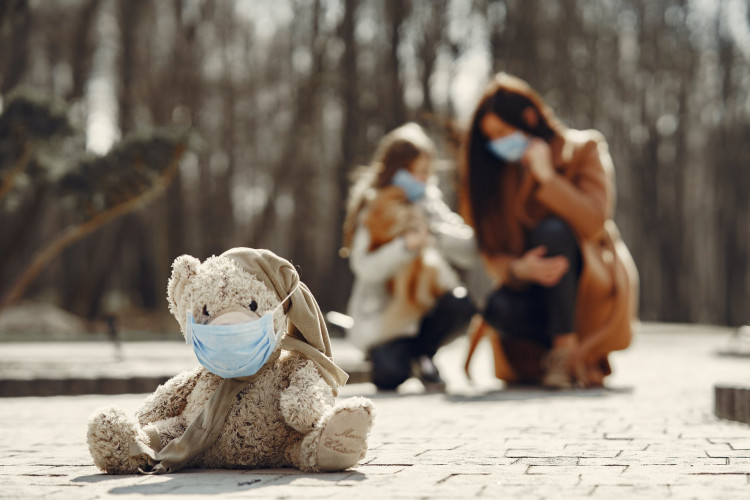Though all people can be susceptible to the coronavirus, past data showed people belonging to the group of those who are 60 years and older, who have underlying health issues, who are pregnant, and those who have a history of smoking, are more at risk with it. People who belong in these groups are more in danger of suffering from critical situations, while others, however, most especially children, are not.
After a few months of observing people who were tested positive of the coronavirus, current reports now show an alteration of the past claims. New cases show that young age doesn't exempt you from contracting the virus. Babies, kids, and teens can become vulnerable to the virus too.
In some of the reported cases in the US, three children have died due to Covid-19. Two of whom were preteens and one was a teenager, as reported by Manila Bulletin.
Though some children still experience respiratory symptoms, an increasing number of kids in the US have experienced pediatric multisystem inflammatory syndrome as COVID-19 invades their body. This condition makes children suffer from rash, fever, severe abdominal pain, change in skin color, racing heart, and even redness on their tongue. The same cases are also reported in other countries such as Italy, Spain, and France.
This new symptom observed among kids and teens proved how the coronavirus doesn't just attack a person's respiratory system. Health authorities say COVID-19 can also damage the heart, attacks the muscles, and could also destroy the kidney so bad. There are also several cases showing how the virus creates blood clots causing severe harm to the body's blood vessels.
Given all these reasons, accompanied by the drastic increase of the coronavirus cases around the world, experts from the World Health Organization emphasized the need and importance of protecting oneself from the coronavirus. Doing so wouldn't just help in containing the virus, but could also protect those you love the most.
One can do that by isolation and staying home. Embracing good hygiene by washing your hands for 20 seconds and taking a bath every day is also a must. Wearing masks, bringing sanitizers, and practicing social distancing whenever you are outside is crucial too.
When going back home, it could also help to sanitize everything you've brought back with you. Wash your clothes and shoes the soonest and separate them from the things you only used while inside the house.
Doing these things won't cover you with protection a hundred percent, experts say. But doing something to prevent the worst from happening to yourself and your family is far better than none.






